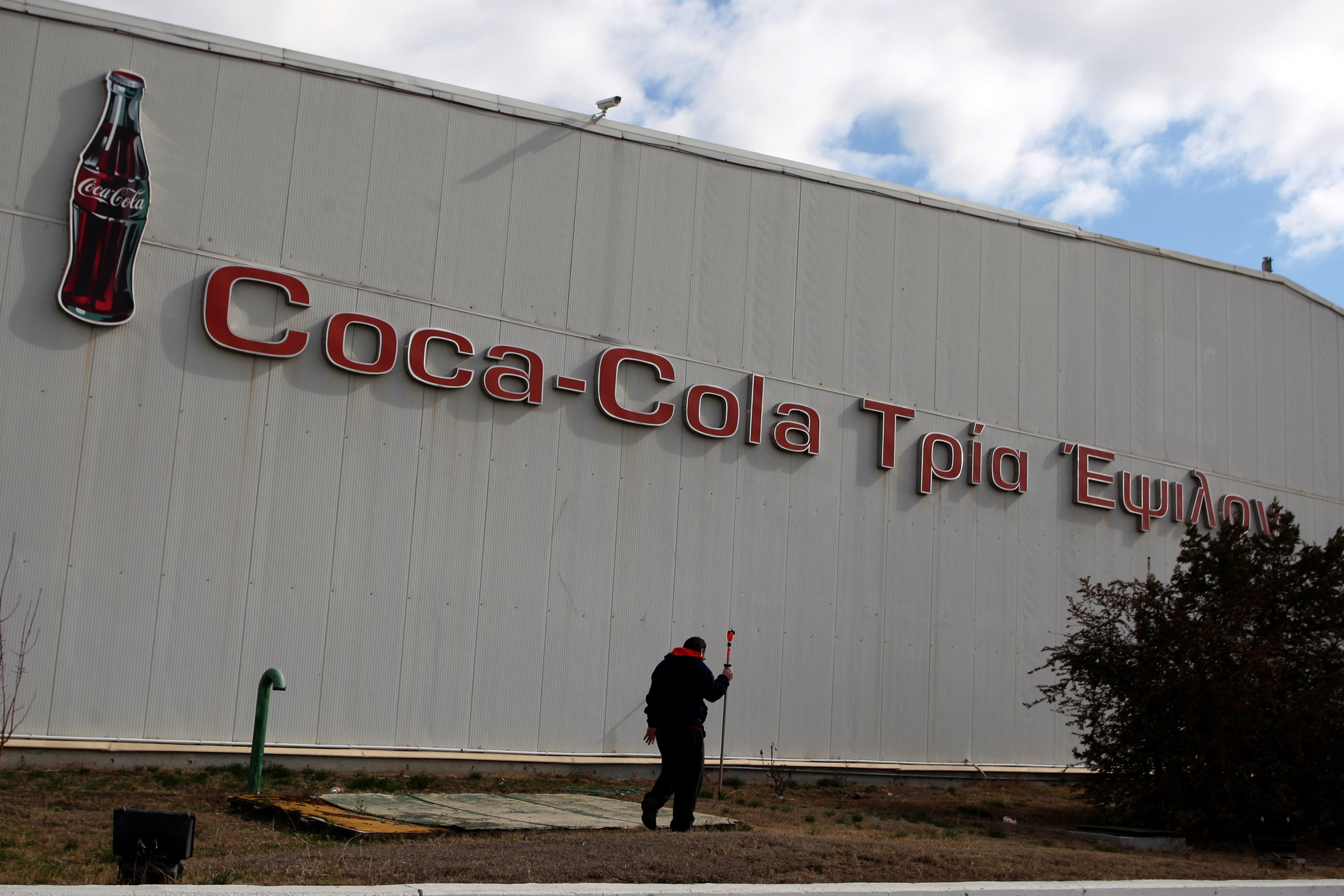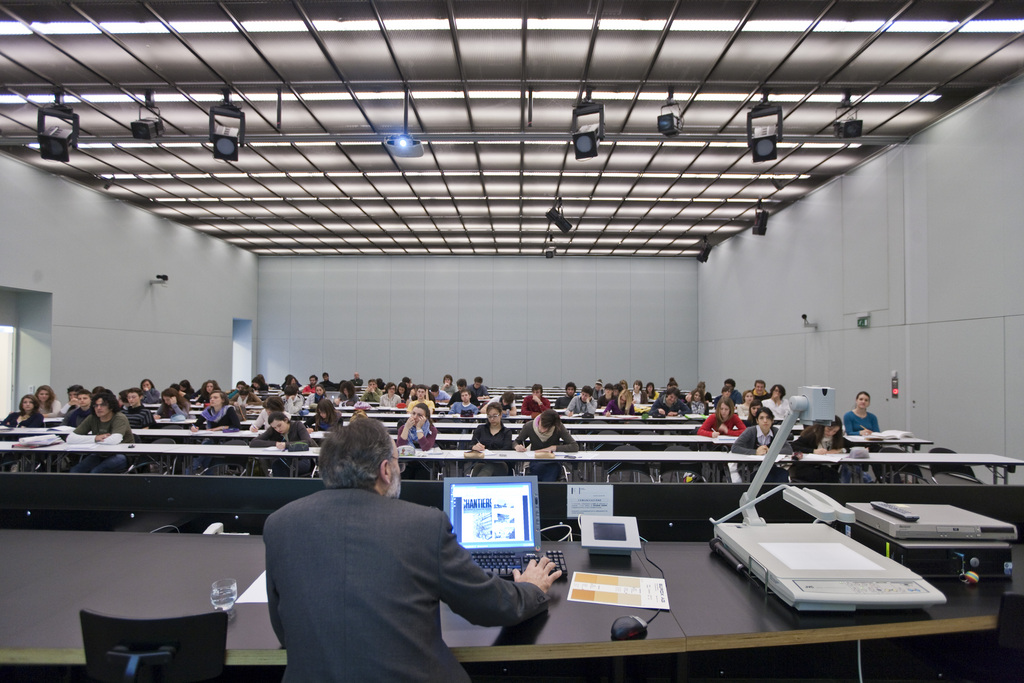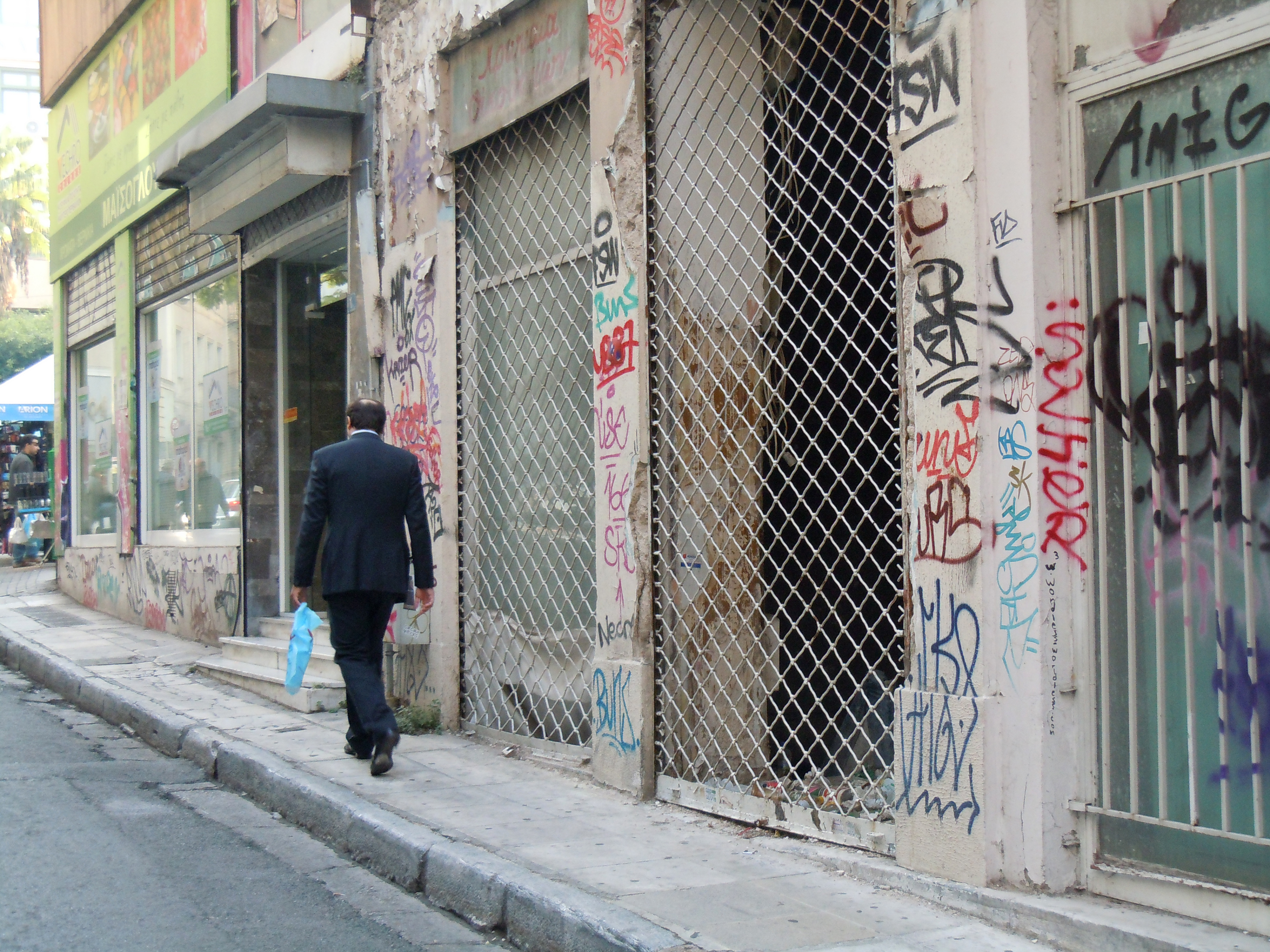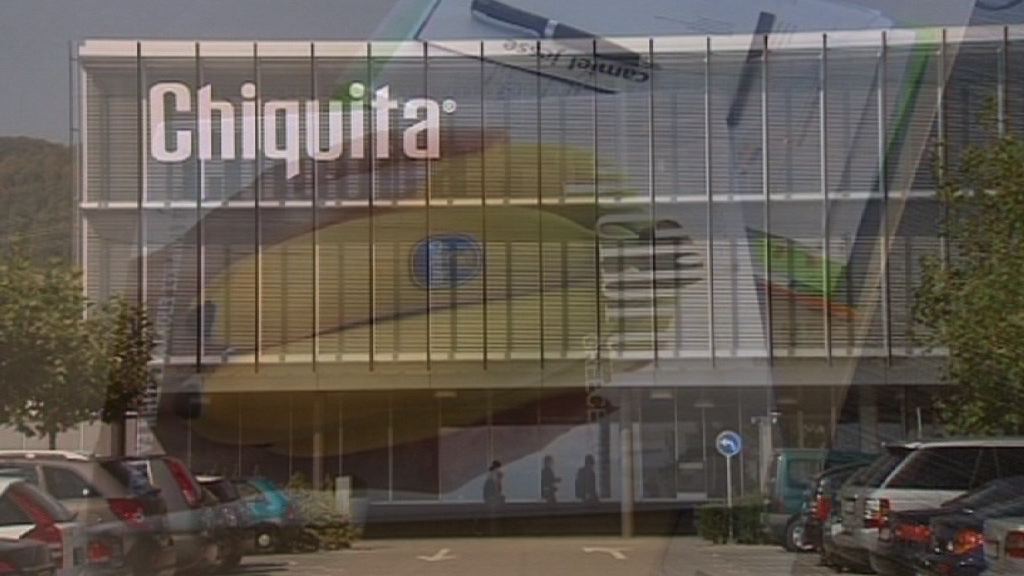Coke jilts Greece as Geneva clings to holdings

Coca-Cola has announced plans to leave Greece for Switzerland and to list its shares on the London stock exchange. The move by Greece’s biggest company coincided with an offensive by canton Geneva to tackle the controversial taxation of holding companies.
On Thursday, Coca-Cola Hellenic announced that its shareholders would exchange all their stock for shares in Coca-Cola HBC AG, which is based in Zug.
According to a statement released by Coca-Cola, the primary objectives of the exchange offer are to “better reflect the international nature of Coca-Cola Hellenic’s business and shareholder base” and enhance liquidity for shareholders.
It is unclear how much tax revenue the struggling Greek economy will lose in the move by Coca-Cola Hellenic. The company said that as a result of the transaction, there would be “no impact on jobs, compensation or benefits for any employees of the Coca-Cola Hellenic Group”. The Greek bottling plants will remain open, representing five per cent of Coca-Cola’s total business.
The statement also addressed why the company was trading its Hellenic base for a Helvetian one.
“Switzerland was chosen as Coca-Cola HBC AG’s place of incorporation due to its stable economic and regulatory environment and ease of doing business, which has attracted a number of leading international groups with a profile similar to [ours].”
Holding on
Meanwhile, a study commissioned by canton Geneva has highlighted the economic value of hosting multinational holdings in Switzerland. The study, also released on Thursday, shows how Swiss cantons would suffer if they were unable to bait big companies via attractive tax deals.
The European Union is trying to crack down on this; the example of Coca-Cola jilting Greece for Switzerland illustrates how a boon for the Swiss economy helps spell out disaster for Greece, one of the eurozone’s weakest players.
The study, carried out by Lausanne University, compiled statistics for every Swiss canton. In Geneva, for example, 945 companies with 136 affiliated firms profit from tax breaks. The study calculated that if they left, it would mean a loss of SFr3.7 billion ($3.96 billion) for the canton – and 19,288 full-time positions, or 8.1 per cent of Geneva’s jobs.
Armed with the study results, the canton’s authorities floated the idea on Thursday that in order to remain competitive in Switzerland, it would need to introduce a flat tax of 13 per cent for all companies. Current rates across Switzerland vary from 11.6 to 24.2 per cent.

In compliance with the JTI standards
More: SWI swissinfo.ch certified by the Journalism Trust Initiative





You can find an overview of ongoing debates with our journalists here. Please join us!
If you want to start a conversation about a topic raised in this article or want to report factual errors, email us at english@swissinfo.ch.